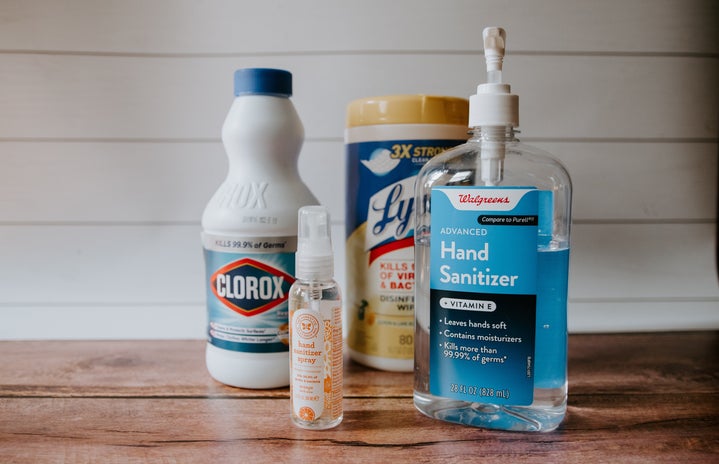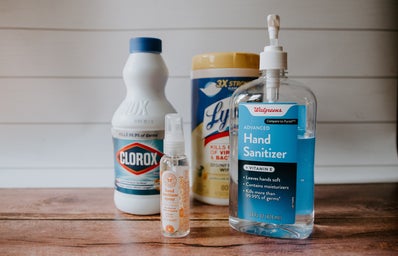One year after writing my first Her Campus article about “How to Avoid the Freshman Plague,” I narrowly escaped contracting the new “plague”— Covid-19.
This past week I received some shocking news. None other than my own roommate came down with the novel coronavirus. Even crazier than this is that I tested negative the same day she tested positive. For context, we live in a two-bedroom, two-bathroom apartment, which definitely limited the amount of contact we had. However, the day before we got tested, we sat next to each other on the couch for our journalism class!
Testing negative but having to stay in quarantine with her for 10 days (14 minus the four that happened before she was tested) seemed counterproductive, but it was ordered by the city of Evanston and by the university. As a result, we stayed in our own rooms and went, literally, nowhere else. It was lonely, especially because we would have to duck into a room and hide anytime we saw each other. Wearing a mask around the only person you’re allowed to see makes you feel very isolated from the world.

Somehow, I escaped the quarantine period without contracting the virus. For about five days, the officials were convinced I did have it, but that I just got tested early enough that there wasn’t enough detectable evidence. Their theory was proved incorrect when I got tested again a week later and again received a negative result.
I credit a few different factors for helping me avoid what was seemingly unavoidable. First, social distancing works like a charm. Remember to stay six feet apart! Secondly, I take precautionary steps to stay healthy. Each day, I take a multivitamin that has nutrients linked to Covid-19 treatment, like zinc and vitamin D. My hope was that by taking these before getting exposed, I could build up my immune system, and guess what, it worked.
Obviously, there’s no way to truly know how I avoided it. I’m no doctor, but pandemic or not, vitamins and staying healthy helps fight illness.
After getting her test results, my roommate and I both began wearing N95 masks in common spaces within our apartment. Of course, this was paired with regimented hand washing and general cleaning in areas like the kitchen. Since we weren’t seeing each other, and knowing that Covid-19 has a hard time spreading via surfaces, I felt safer in my own home.
One thing I didn’t expect was the influx of calls and emails I would receive from both my city and my university. I hadn’t tested positive, so I felt slightly annoyed that I was being badgered about my routines and symptoms (I didn’t have any). My voicemail box was full within a day of my roommate getting her result back—everyone from contact tracers to medical staff to mental health counselors was reaching out to me. While I appreciated the help, it was easy to feel overwhelmed, especially since there was really nothing I could do about any of it. I did my job by sitting in my room and avoiding contact with people, just in case I somehow did have the virus.
All we can do is try to stay vigilant and protect ourselves. However, like my story shows, your roommate getting Covid-19 doesn’t necessarily mean you will to. By practicing social distancing, wearing masks, and being observant regarding your own and your roommates’ health, you might be able to safeguard against the virus.


